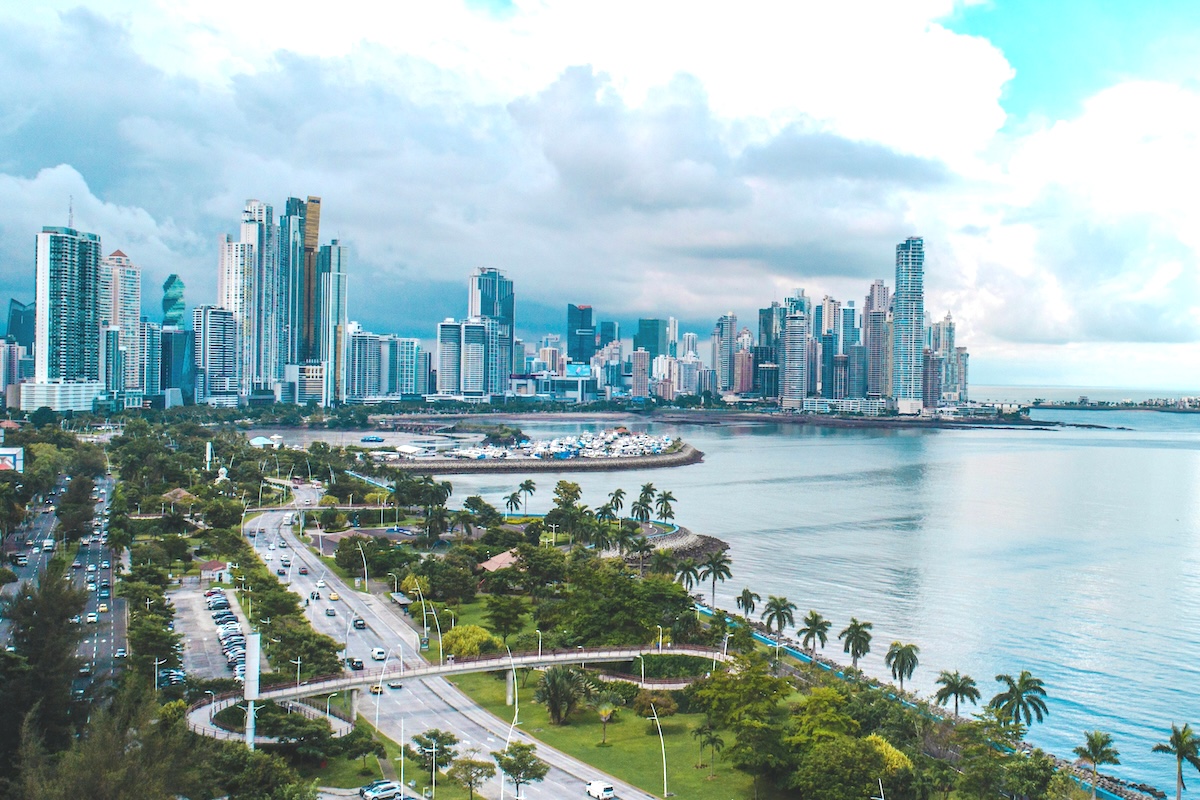Skift Take
The economy appears on the rebound heading into 2024 amid low consumer sentiment. Will downtrodden consumer attitudes impact event spending for this year?
Event professionals have endured a bumpy economic ride since the pandemic, but now things seem to be simmering down. Economic growth is expected to accelerate six times faster this year than the Fed predicted.
But there’s a snag. Certain factors have made a negative impact on consumer confidence. Falling wages and a subsequent imbalance placed on Americans’ ability to save versus taking on more debt due to higher costs are considerations.
With positive economic speculation pointing to an uptick in travel and events, offsite meetings may provide the kickstart needed to shake off the bad vibes.
Stronger Economy Not Shifting Consumer Attitudes
The outlook for the U.S. economy is now largely positive. The U.S. Dept. of Labor reported the country’s unemployment rate fell to 3.7% in November. The economy’s reported soft landing is good news, with several markets recovering losses incurred in 2022. NASDAQ had a record year in 2023, and the S&P 500 rose 26.3%, suggesting that companies could afford to expand budgets in 2024.
However, U.S. consumer sentiment does not reflect this economic upturn, and the Misery Index highlights this discrepancy. The index offers a simplified way of measuring economic distress felt by everyday people. It was first put forward by Arthur Okun in the 1970s. The calculation at the core of the index adds together the seasonally adjusted unemployment rate to the annual inflation rate. The lower the number, the better.
Consumer sentiment jumped to 69.7 in December, according to a University of Michigan survey. This is an increase of over 8 points (13.7%) when compared to November. Its peak came in February 2020 at 101, while a historic low point of around 50 was in June 2022.
So why do consumer attitudes remain in the dumps amid a rebounding economy? Several factors are responsible for the ongoing weak consumer sentiment.
For example, consumers have been plagued with high living costs and a general lack of affordability. Evidence for this is five consecutive quarters of declining disposable income for households earning up to $71,000. This resulted in household debt hitting $17.3 trillion in the third quarter, according to the New York Fed. Overall, credit card debt in the U.S. topped $1 trillion for the first time ever.
The Impact on Meeting Budgets
Unfortunately, event budgets in North America do not appear to reflect a positive outlook on the economy. “While the economy might be picking up, I don’t think marketing budgets are picking up at the same rate,” said Nicola Kastner, founder, The Event Strategist.
Kastner estimates that the cost of events is roughly 30% higher than in 2019, but marketing budgets that have remained flat for years. “We’re essentially asked to do more with less,” she said.
A high staff turnover rate compounds this issue, with employers struggling to retain employees with higher wages.
A recent Cvent report indicated that event budgets are up in Europe. However, it was not clear whether increased budgets were enough to match rising costs. The same report indicated that cost inflation remains the biggest challenge for planners in the region.
Ghosts of the 2008 Financial Crisis
The events industry has been negatively impacted in other ways when the economy has tanked in the past. When events came under scrutiny amid the 2008 financial crisis, many saw them as a superfluous waste of money.
The ire spurred by events is especially high when held by a company opting for layoffs to offset fiscal shortfalls – such as those that have taken place over the past two years. Kastner points to the ridicule that befell the global insurance organization AIG for hosting incentive trips after receiving a federal bailout.
“Companies need to talk about driving business incomes for outcomes from hosting events, Kastner said. “Whether it’s internal events or external events, the targeted outcome and benefits provided need to be identified.”
The industry continues to make a case for the value of meetings. An industry forecast published by American Express Global Business Travel highlighted the value of meeting in person to garner better collaboration with partners while facilitating greater innovation.
“The power of events is crystal clear,” she said. “There is no better way to build a connection between a customer and brand than bringing them to an event as well as delivering them value.”
Reversing the Negative Sentiment
According to economists Ryan Cummings and Neale Mahoney, low consumer attitudes won’t last forever. Their latest report estimates that negative consumer sentiment decays by 50% every year. It is up 40% since June 2022, when consumer sentiment reached an all-time low score of 50.
The report concludes that impacted sentiment only lasts as long as it takes for consumers to acclimate to new prices. The current index reflects the poor perception most consumers have of the economy.
How Events Can Help
Companies with the budget to host events can make a much-needed positive impact on the morale of their employees by doing so, according to Kastner.
“The ability for a human connection and ability to belong – I think that can make an incredible difference in the way an employee feels about themselves and the organization they work for,” she said. Additional perks involved with meetings can also go a long way in reversing negative sentiment.
“Events can provide an escape,” Kastner said. The relatively new trend of bleisure travel is one example of a means that allows attendees to focus on business-related activities while having the opportunity to unwind. Kastner also noted that this form of incentive travel often creates the opportunity for employees to bring their families along on the trip.
While inflation and rising costs have hampered the events industry of late, Kastner says she believes the industry is on the road to recovery. “The sentiment within the events industry is a new sense of optimism.”
Photo credit: Adam Nir / Unsplash





